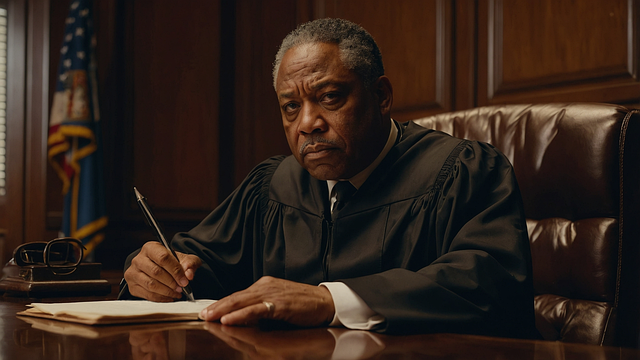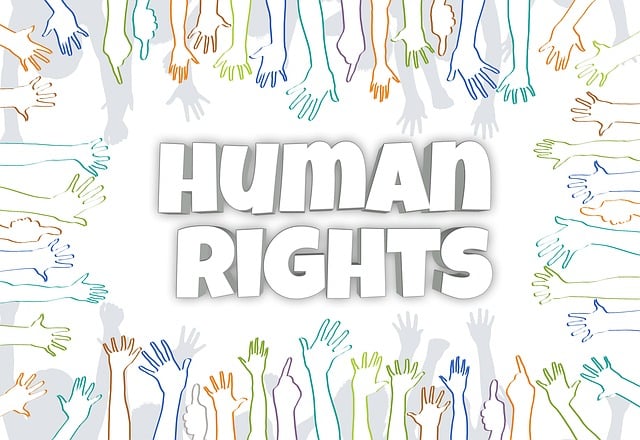Whistleblower protection laws vary significantly between state and federal jurisdictions, impacting sentencing. Federal protections offer comprehensive coverage against criminal and civil repercussions, while state laws focus on industry-specific disclosures. Federal courts tend to impose harsher penalties, including fines and jail time, while state lawsuits may lead to jury trials, avoiding indictment under certain conditions. The venue of lawsuits—state or federal courts—significantly influences outcomes due to differing laws and procedures. Understanding these differences is crucial for effectively navigating high-stakes cases involving white-collar crimes, where strategic choices regarding jurisdiction, narrative crafting, evidence presentation, and community support are vital for exposing corporate misconduct.
“Uncover the power of whistleblower protection and its impact on modern legal landscapes. This comprehensive guide explores the intricate world of whistleblower lawsuits, delving into key laws and their implications. We dissect the nuances between state and federal jurisdictions, revealing significant differences in sentencing.
Learn about essential protections for those who speak out against corporate wrongdoings and navigate the complex legal process. From understanding your rights to successful case strategies, this article offers invaluable insights for both whistleblowers and legal professionals.”
- Understanding Whistleblower Protection Laws: A Comprehensive Overview
- State vs Federal Lawsuits: Jurisdiction and Sentencing Differences
- Key Protections for Whistleblowers: What You Need to Know
- Navigating the Legal Process: Strategies for Successful Whistleblower Cases
Understanding Whistleblower Protection Laws: A Comprehensive Overview
Whistleblower protection laws are designed to safeguard individuals who expose illegal or unethical activities within their organizations from potential retaliation. These laws vary significantly between state and federal jurisdictions, creating a complex landscape for those considering coming forward. Understanding these differences is crucial when navigating high-stakes cases.
While federal whistleblower protections offer broader coverage, with mechanisms for safeguarding against both criminal and civil repercussions, state laws often focus on specific industries or types of disclosures. In terms of sentencing, federal courts tend to handle these cases more seriously, potentially leading to harsher penalties in the form of fines and jail time, especially for corporate officers. By contrast, state-level lawsuits may result in jury trials, offering whistleblowers a direct role in presenting their case and avoiding indictment in certain circumstances.
State vs Federal Lawsuits: Jurisdiction and Sentencing Differences
When it comes to whistleblower protection lawsuits, the venue—whether state or federal courts—can significantly impact the case’s outcome. State and federal laws governing whistleblowers often differ, leading to distinct procedures and potential sentencing.
In terms of jurisdiction, state courts typically handle cases involving state-level whistleblowing statutes, focusing on internal policies and procedures within organizations. In contrast, federal courts preside over matters related to federal whistleblower protection laws, which often apply to businesses operating across the country or engaging in interstate commerce. These differences in scope can lead to varied approaches when interpreting the law and determining liability. Moreover, the Differences Between State and Federal Sentencing manifest in terms of potential penalties. While state-level convictions may result in fines and restitution, federal cases can carry stiffer sentences, including prison terms, especially for white-collar offenses. The choice of court can thus play a pivotal role in the severity of the outcome for both whistleblowers and the entities they expose.
Key Protections for Whistleblowers: What You Need to Know
Whistleblower protection laws offer crucial safeguards for individuals who expose illegal or unethical activities within their organizations. These protections are vital, especially in cases involving white-collar crimes, where whistleblowers may face significant personal risks and professional consequences. Key provisions aim to incentivize reporting by ensuring anonymity, protecting against retaliation, and providing legal recourse for those who speak up.
Understanding the differences between state and federal sentencing is essential for whistleblowers. Across the country, laws vary in terms of whistleblower rewards, liability caps, and potential penalties. In some cases, individuals who expose fraud or corruption may be eligible for substantial financial rewards if their tips lead to successful prosecutions. However, a complete dismissal of all charges is not always guaranteed, as the outcome depends on the specific circumstances and jurisdiction involved in the case.
Navigating the Legal Process: Strategies for Successful Whistleblower Cases
Navigating the legal process in whistleblower protection lawsuits requires a deep understanding of both state and federal laws, as these cases often involve complex issues and unique challenges. The differences between state and federal sentencing play a significant role in shaping the outcome of such cases. While state laws may offer more lenient penalties for internal whistleblowers who report misconduct within their organizations, federal whistleblower protection acts generally provide stronger incentives and protections.
For his clients involved in white-collar and economic crimes, understanding these nuances is crucial. Successful whistleblower cases often hinge on strategic decision-making, including choosing the right jurisdiction, constructing a compelling narrative, and presenting solid evidence. This involves navigating bureaucratic hurdles, dealing with potential retaliation from employers or colleagues, and ensuring that the whistleblower’s story gains traction within the philanthropic and political communities. Effective representation can lead to significant legal and financial rewards for whistleblowers who bring light to corporate malfeasance.
Whistleblower protection lawsuits play a crucial role in upholding integrity within organizations, ensuring that individuals who expose wrongdoing are provided with legal safeguards. Understanding the nuances of whistleblower laws, including the distinctions between state and federal jurisdiction and sentencing, is essential for both whistleblowers and legal professionals. By knowing their rights and available protections, whistleblowers can navigate the legal process effectively, fostering a culture where ethical behavior is encouraged and rewarded while deterring corporate misconduct.






